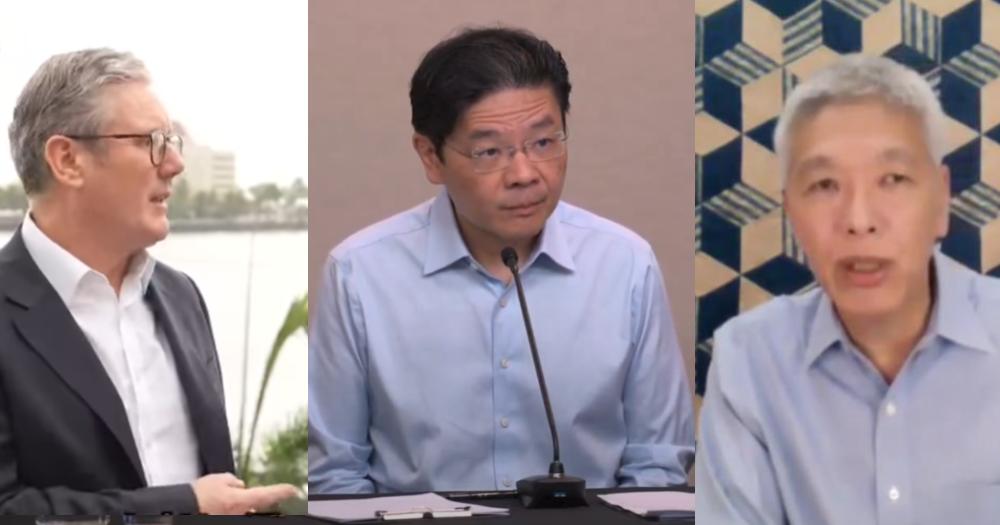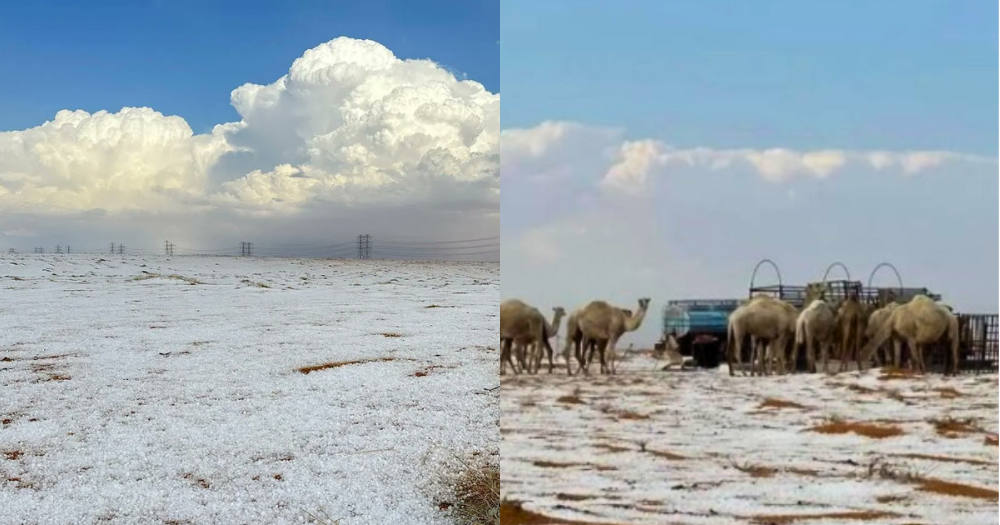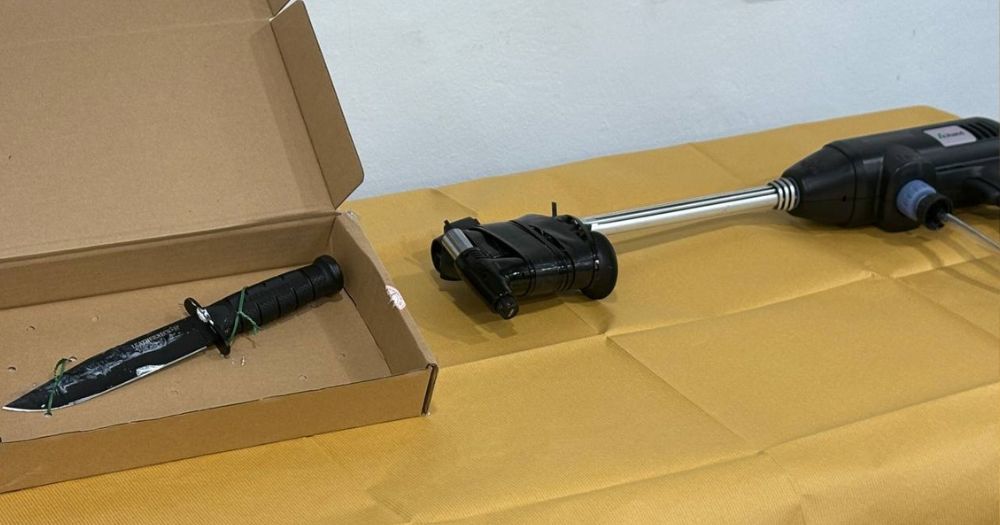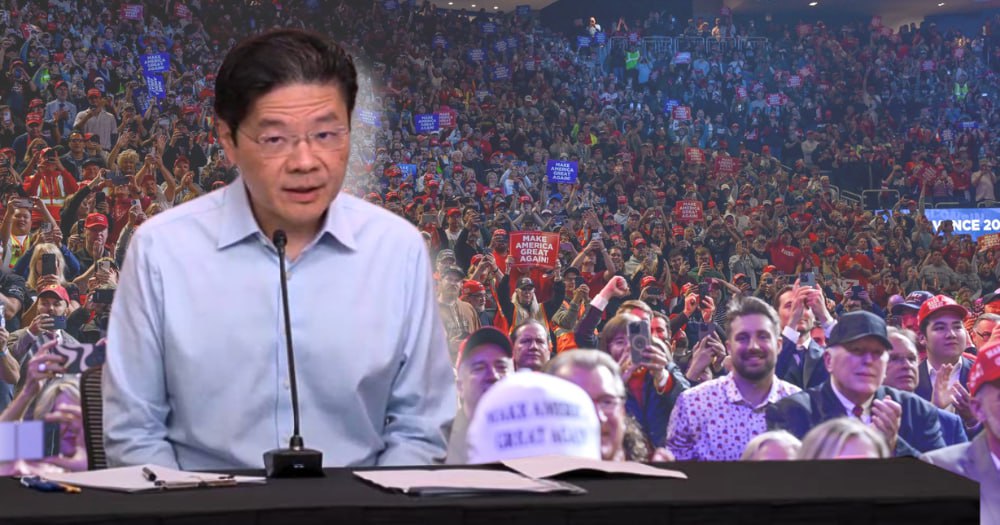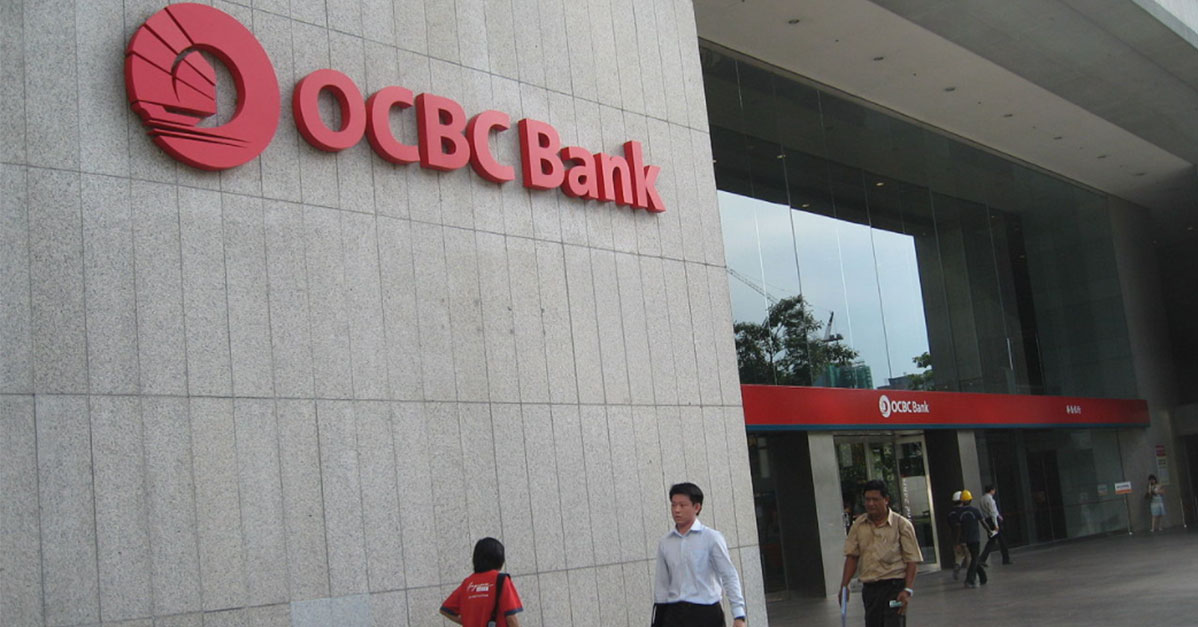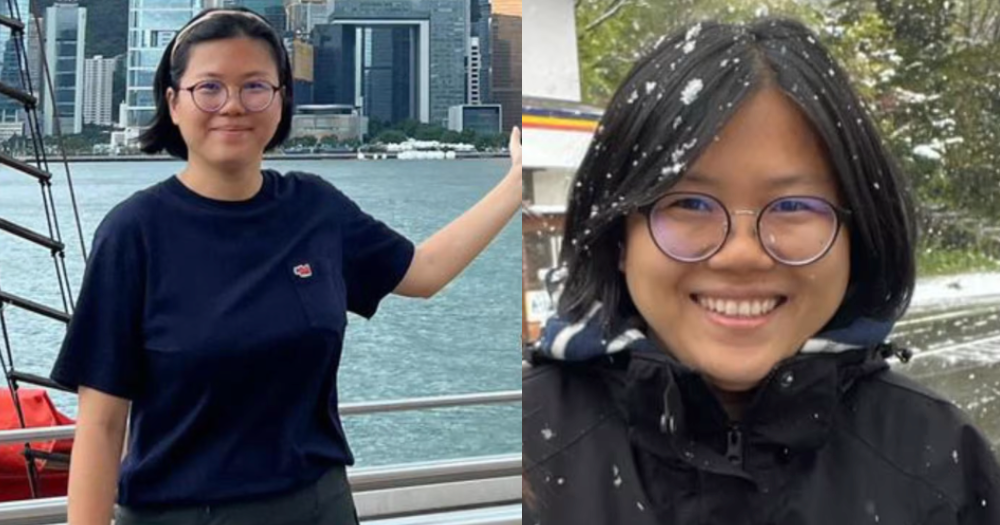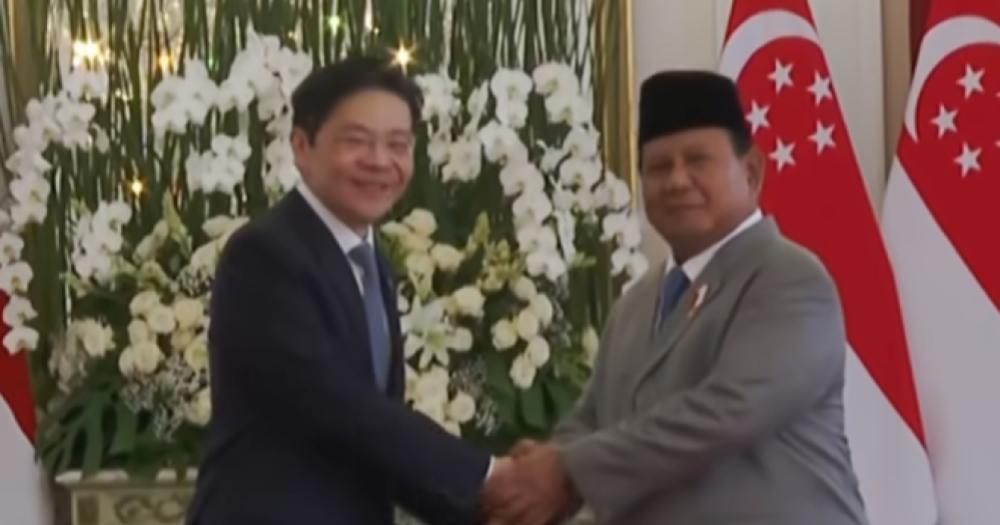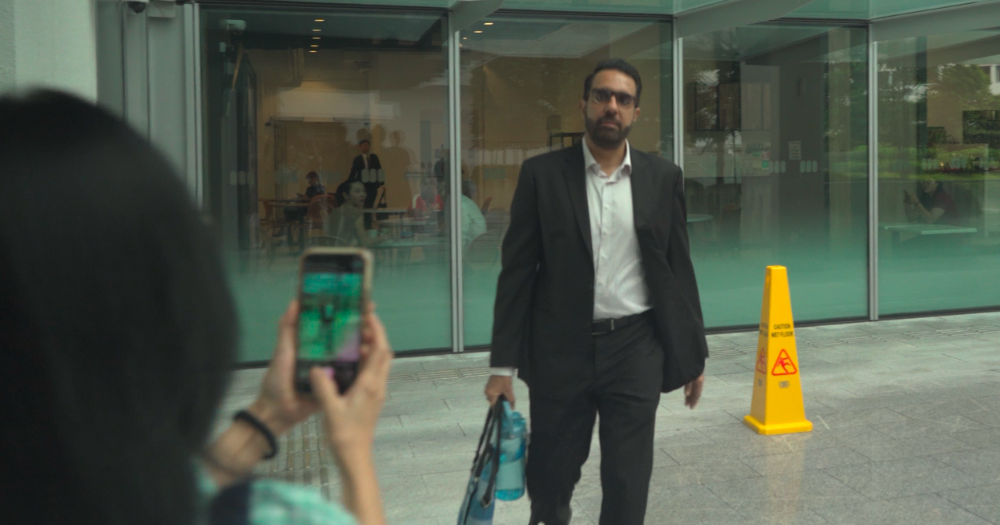S'pore can continue to work well with US in 2nd Donald Trump term: PM Wong
PM Wong acknowledged more Americans are asking, "Why does America have to bear the cost of these international responsibilities?"
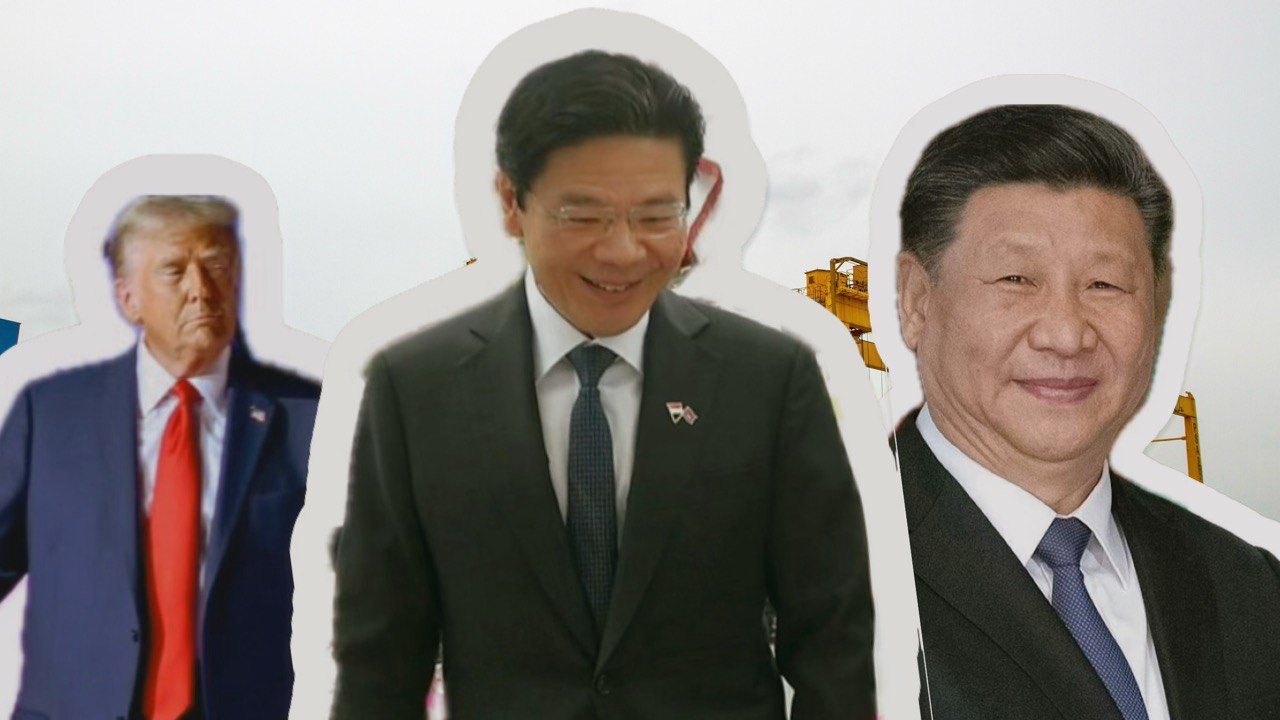
Prime Minister Lawrence Wong believes that bilateral relations with the U.S. will continue to be well under a second Donald Trump Administration.
While much depends on his appointees to key Cabinet and government positions, the U.S. presence will continue to be important to countries in Southeast Asia.
Productive cooperation with the U.S.
"Where our bilateral relations with the U.S. is concerned, I think we will be able to continue to work well with the new administration," PM Wong said.
Singapore has worked with Trump before, when he was president, to extend our MOU on defence, as well as having productive trade and investment links with the U.S., PM Wong said.
He touted the U.S.-Singapore Free Trade Agreement, 20 years old this year, which has bipartisan support in the U.S. Congress and is seen as the "gold standard", benefiting both Singapore and the U.S. and creating many good jobs for the latter.
Economic issues
But it may be unwise to assume the second Trump presidency will be the same as the first.
For instance, Trump has spoken of ramping up his tariff policy, imposing a blanket 20 per cent tariff on goods exported to the U.S. from any country in the world, and up to 60 per cent for goods imported from China.
However, PM Wong made the point that tariffs have become increasingly common in recent years, such as the European countries placing a tariff on electric vehicles from China so as to protect their own industries.
"We are concerned in a world where there are more and more frictions in trade, because trade is three times our GDP," PM Wong said, adding that Singapore is an open and trading economy.
There may be a way for countries to apply tariffs, but ideally, it should be done within a proper framework where disputes can be settled, adding that from Singapore's point of view, it would be better to revamp and strengthen the World Trade Organization. PM Wong said.
He added that achieving this has not been easy, even with the current U.S. administration under President Joe Biden. But Singapore will keep trying and continue to work with like-minded countries, particularly at the regional level.
Singapore would also welcome more U.S. engagement in the region. It is still the largest source of foreign investments in Southeast Asia, but U.S. trade lags behind that of China.
Defence and security issues
On defence, PM Wong said that the future depends on the actions that the new administration will take, but Singapore has been consistently advocating for a stronger U.S. presence in "this part of the world."
The U.S. security umbrella provides stability for the Southeast Asian region, and provides a framework for countries to cooperate and peacefully compete with one another.
He acknowledged that more Americans are asking, "Why does America have to bear the cost of these international responsibilities?"
PM Wong said he is sure those voices will continue to grow, and Singapore does not take it for granted.
Although Singapore is not a U.S. ally, it is a major security cooperation partner, and supports U.S. logistics and deployment of troops in this part of the world.
China-US relations
Where China is concerned, again, much depends on who Trump appoints to his Cabinet and the members of his advisory team.
However, regardless of the party in charge, the "broad dynamics" of the U.S.-China relationship is something that Singapore is concerned about.
The U.S. is the pre-eminent power in the world, but China is on the rise. The U.S. has to decide how to approach this — to treat China as an existential threat and contain it, or to embrace it and accept it as a major power in its own right.
While the U.S. has to think about the steps to engage China, regardless of what it chooses, China also has some decisions to make, PM Wong said.
"The China today is not the China that existed when it first entered the WTO," PM Wong said. "Concessions that were given to China years back or decades back are probably not so relevant today, given where China's weight is in the global economy."
"China too, as a rising global power, now has to consider what responsibilities it undertakes to uphold the international model," PM Wong said.
These are consequential decisions both major powers have to make, as they will determine the future global order, he added.
PM Wong said he hopes leaders on both sides will make wise choices, engage each other and find a way to co-exist, where they can compete but also cooperate on issues of shared concerns.
"And where possible, Singapore will do our part to facilitate such a relationship," he said.
Top image via Facebook and Wikimedia Commons.
MORE STORIES








